Leballo calls for ethical AI and inclusive innovation

SHARE THIS PAGE!
Digital Innovators Summit will hold a webinar on June 5 under the theme ‘Building Digital Futures – Artificial Intelligence, Integrity, and Inclusion’.
Founder of Sky Alpha HD and also convenor of the summit, Tello ‘Dallas T’ Leballo, says there is urgent need to harness AI as a transformative force that advances ethical innovation, strengthens democratic institutions, and bridges digital divides.
In an interview with theReporter’s Neo Kolane, Leballo envisions a future where technology is not only powerful but also principled, driven by inclusive policies, cross-sector collaboration, and a shared commitment to integrity in the digital age.
“As we prepare for the next phase of the summit, we warmly invite new partners to join, whether from government, academia, private industry, or the international development community. Together, we can build a digitally inclusive and prosperous Lesotho,” he said.
What is the Digital Innovators Summit?
The Digital Innovators Summit is a transformative platform that champions inclusive, ethical, and visionary digital innovation in Lesotho and across Africa. It brings together an eclectic mix of technologists, creatives, academics, policymakers, students, and development actors to explore how emerging technologies, particularly artificial intelligence (AI), can address local challenges, foster innovation, and create sustainable opportunities. This event is more than just a summit – it is a movement designed to empower a generation of problem-solvers equipped to thrive in the digital age.
What inspired the creation of the Digital Innovators Summit?
The seeds of the Summit were planted during my participation in the 2023 International
Visitor Leadership Program (IVLP) in the United States. It was an eye-opening experience where I witnessed how AI and digital ecosystems are shaping national agendas, from combating disinformation to improving public services.
When I returned to Lesotho, I was determined to contextualise those insights and create a platform that would bring AI and digital literacy closer to our own communities.
That vision materialised in 2024 through the inaugural series of Digital Innovators Summits, which served as the foundation of what is now a growing national and regional initiative.
What gap in the digital or innovation landscape were you aiming to fill?
There existed a pressing need to demystify AI and other digital tools for ordinary Basotho,
especially young people, and connect them to the vast, often untapped opportunities in the
digital economy. The gap was threefold:
· A lack of awareness of how AI could be used to enhance livelihoods in sectors such
as healthcare, agriculture, education, media, and finance.
· Limited access to capacity-building and practical knowledge on digital tools.
· The absence of platforms fostering dialogue between academia, civil society,
government, and the private sector on AI ethics, regulation, and innovation.
Through the Summit, we are building bridges that connect young innovators with real-world
possibilities, whether through storytelling, research, tech development, or entrepreneurship.
How do you define a ‘digital innovator’ in today’s landscape?
A digital innovator is anyone harnessing the power of digital tools to create impact, rethink
systems, and solve problems. It’s no longer limited to coders or engineers.
It can be a media practitioner leveraging AI for content generation, a teacher using adaptive learning platforms, a health worker using data analytics for patient care, or an entrepreneur building e-commerce solutions for rural communities. Digital innovation is now a cross-cutting force, embedded in every field and accessible to anyone with creativity and intent.
How has the vision for the Summit evolved since its inception?
The journey began in 2024 with a series of impactful summits held at the American
Corner Maseru, Botho University, Limkokwing University of Creative Technology, and
finally, the National University of Lesotho (NUL). These engagements revealed the
immense appetite among students and faculties for deeper conversations on AI and innovation.
We are deeply grateful to our 2024 institutional partners and collaborators who believed in this initiative at its inception and provided platforms that helped bring the vision to life. Their support laid the groundwork for an inclusive movement that is now expanding to institutions like Lesotho Agricultural College, Lerotholi Polytechnic, and the NationalHealth Training College (NHTC).
With AI permeating every discipline, whether in agricultural technology, scientific
research, telemedicine, financial modelling, or media production, it became clear that we
needed to broaden our footprint, intensify engagement, and build stronger linkages across all corners of society.
Who is the core audience of the Summit, and how has it changed over time?
At first, we primarily targeted professionals within media, academia, and policy spaces. But very quickly, it became apparent that this was a national conversation that had to reach
further.
Our core audience now includes students, civil society actors, local entrepreneurs,
digital creatives, grassroots innovators, educators, and policymakers. We are especially intentional about ensuring that every Mosotho, regardless of their background, has access to the knowledge and tools required to participate meaningfully in the digital economy.
What impact do you hope attendees walk away with after this upcoming event?
We want attendees to walk away feeling empowered, informed, and connected to something larger than themselves. They should leave with:
· A clear understanding of how AI and digital tools apply to their personal or
professional lives.
· New networksand collaborative ideas to advance their work or studies.
· A renewed urgency to become advocates for digital transformation within their
communities.
One of the most important takeaways that I continue to emphasise is the need to take this
conversation beyond the summit hall, to homes, communities, schools, and policy
tables. AI is part of our lives now. We must normalise these dialogues, educate widely, and build momentum.
Tertiary institutions should take bold steps to revise curricula to include AI, while government and civil society must collaborate to shape enabling environments.
We are pleased that through our close collaboration with ministries like education and training and communications, science, technology, innovation and information, we
are seeing real traction, including the development of Lesotho’s first AI Policy, a major step in the right direction.
What has been the biggest challenge in scaling or evolving the Summit?
The challenge has been twofold: resources and perception. Scaling an initiative of this
magnitude requires sustainable funding, cross-sector coordination, and local ownership.
Additionally, helping communities move beyond the fear or hype of AI to truly see its
practical applications takes continuous effort. We are addressing this through storytelling
hands-on workshops, and sustained partnerships that prioritise relevance over jargon.
How do you measure success for the Summit beyond attendance numbers?
True success lies in the systemic shiftswe influence. For instance:
· The development of Lesotho’s AI Policy, currently underway through our
engagements with the Ministry of Communications.
· Momentum within tertiary institutionsto integrate AI into teaching and research.
· Multi-stakeholder collaboration, including contributions from institutions like the
Lesotho Communications Authorityand enthusiastic interest from private sector
players, who recognise the economic promise of digital innovation.
· The voices we empower, young Basotho who begin creating, leading, and reshaping
narratives in the tech space.
That’s the real legacy we seek: not just a successful event, but a mobilised and future-ready generation.
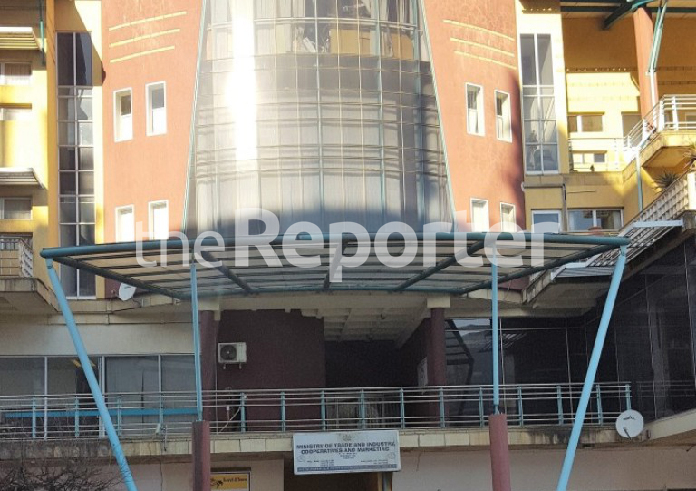
Journalists schooled on Insolvency Act 2022
6 days ago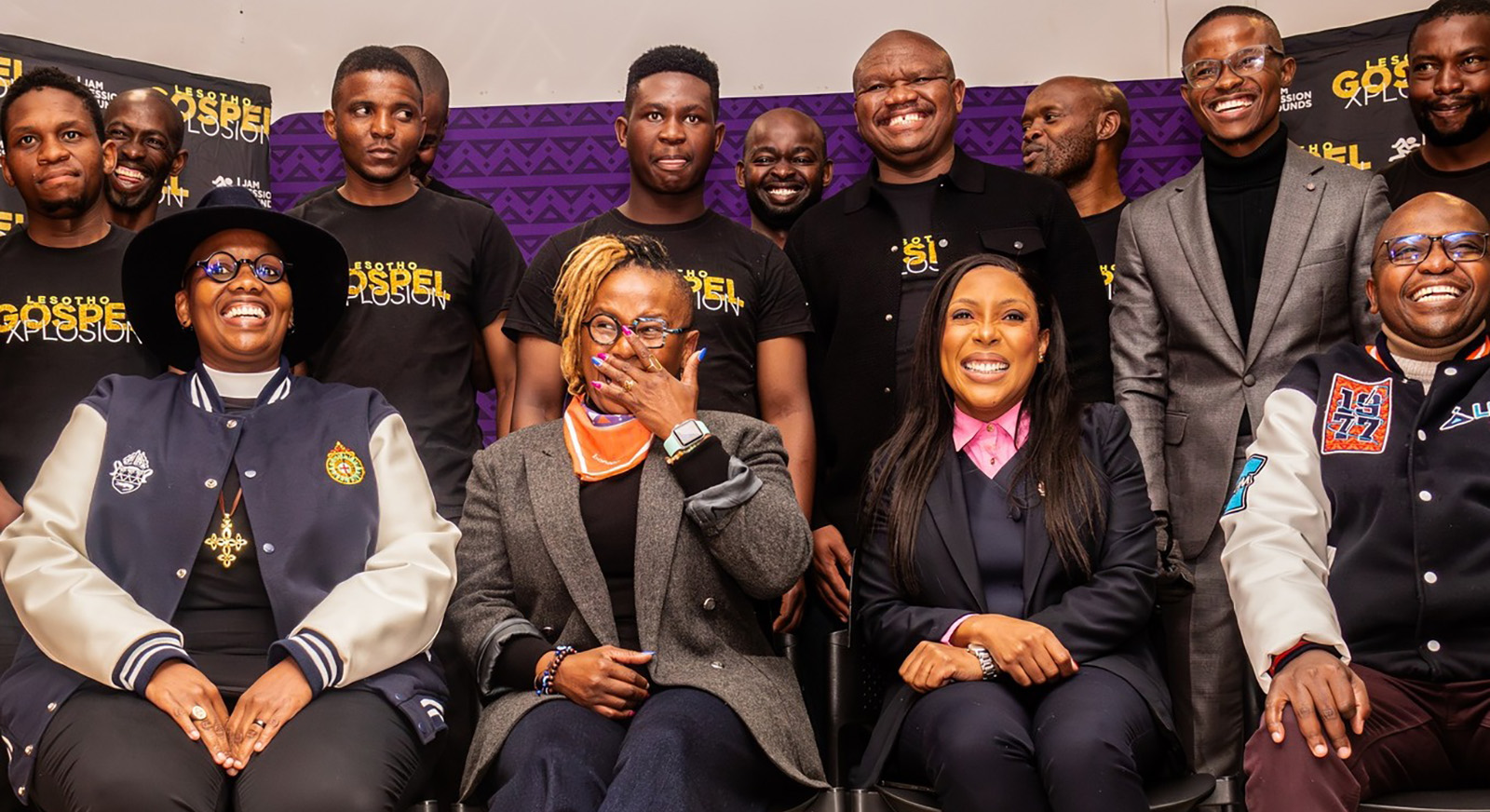
LNIG Hollard pumps M1m into gospel event
6 days ago
We’re sidelined, councillors say
6 days ago
Victory for artisanal diamond miners
6 days ago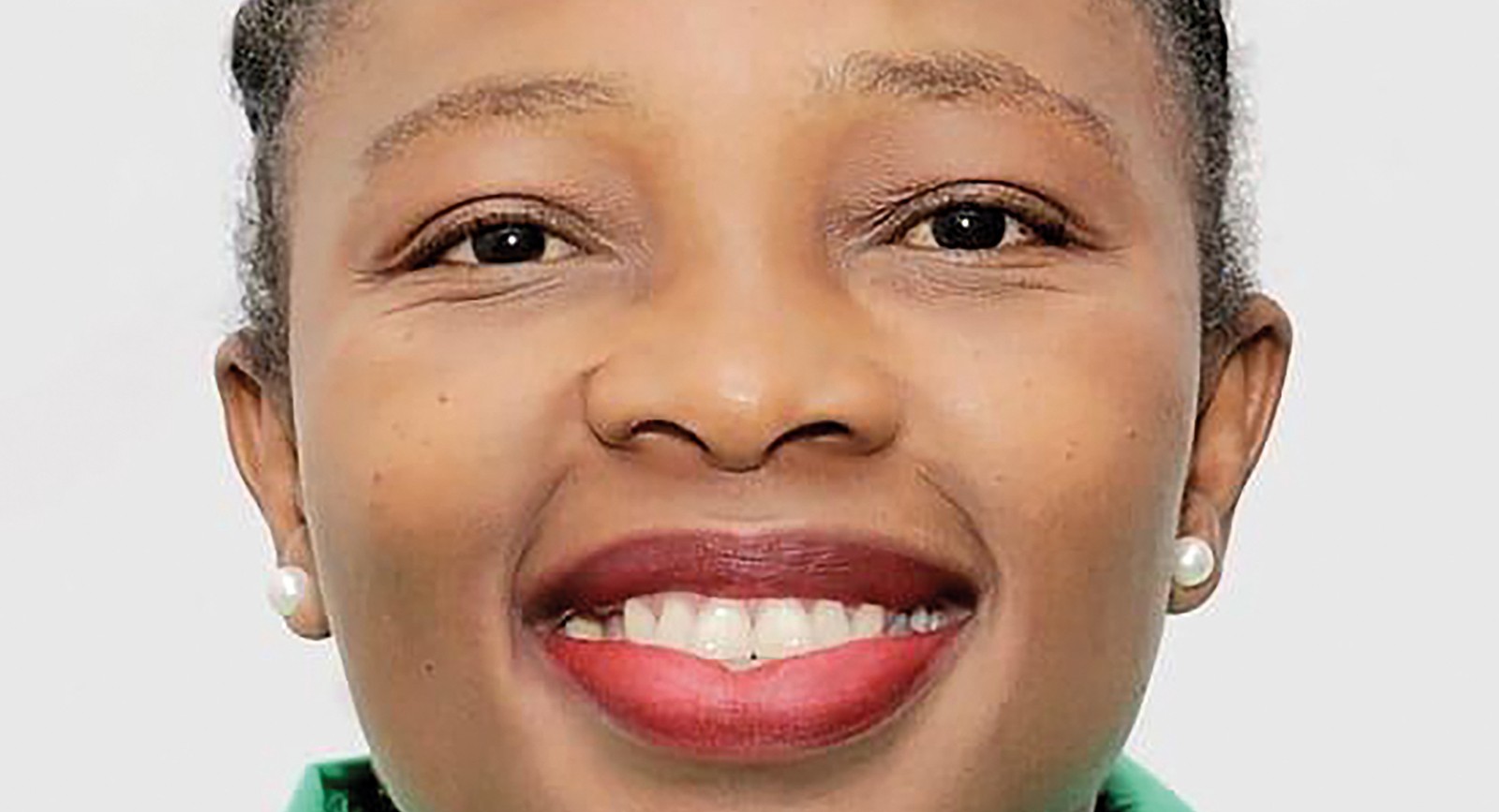
Memorial service for MCA boss
7 days ago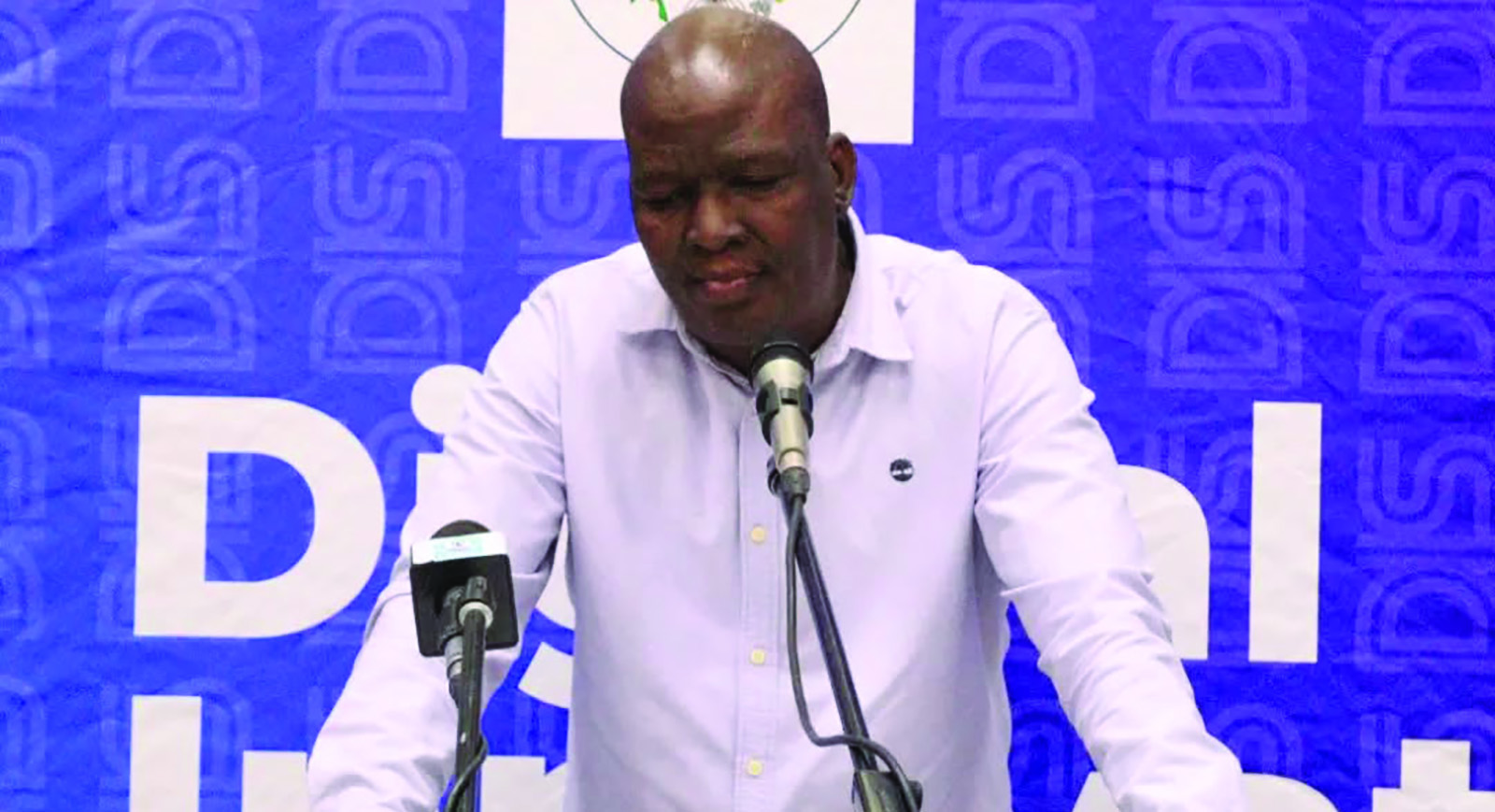

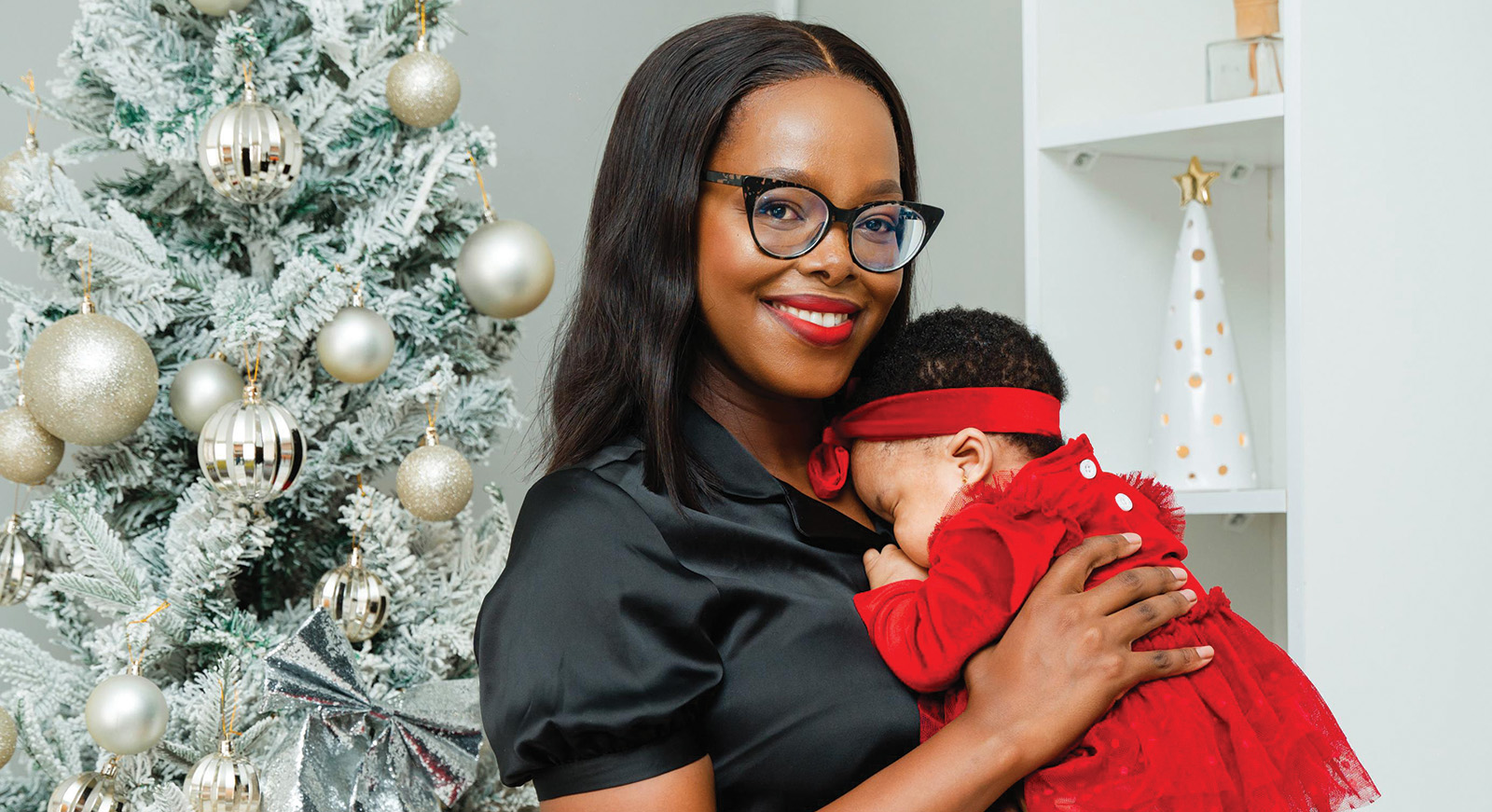
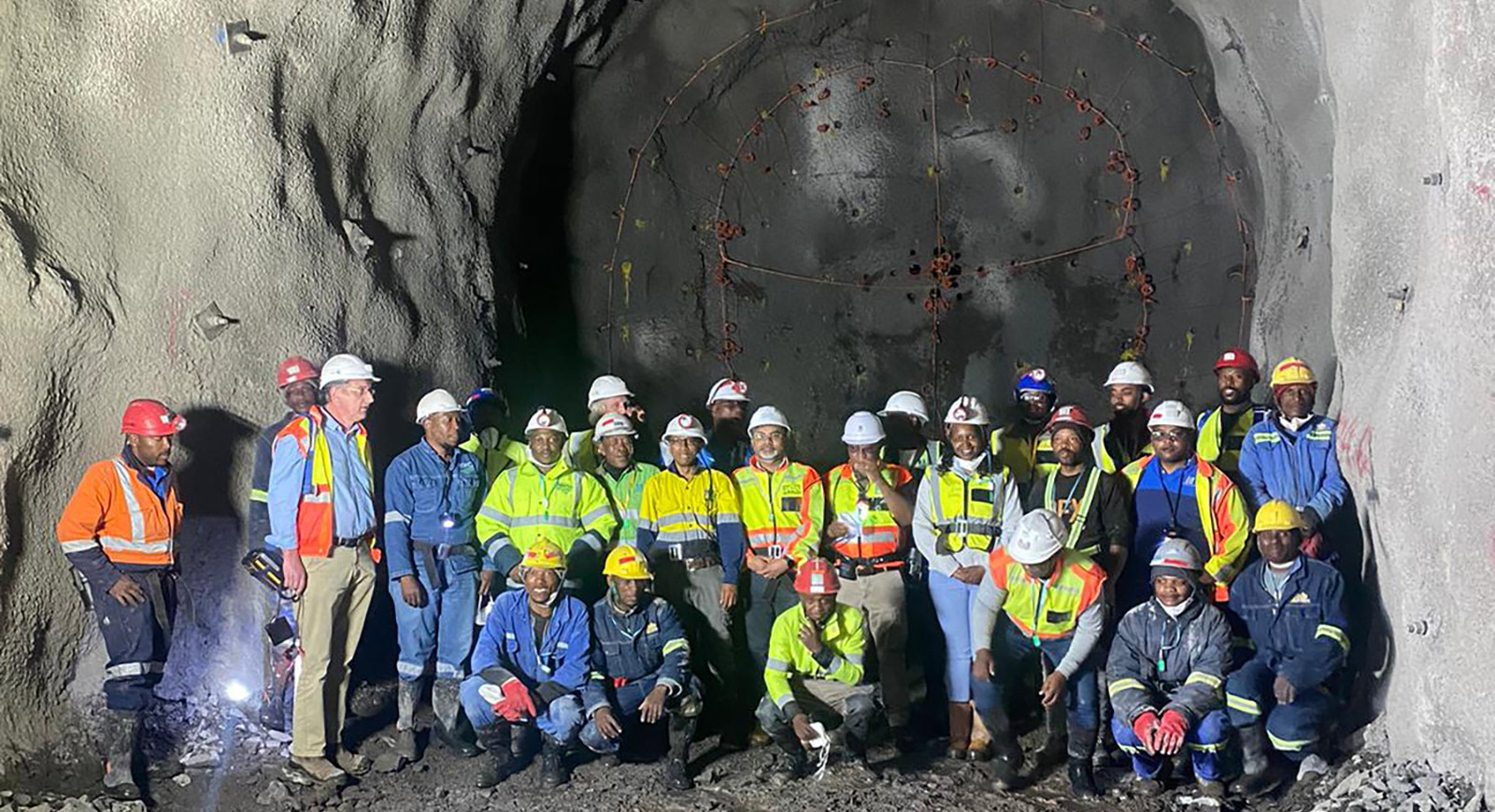
KKMJV workers resume tunnel operations
8 days ago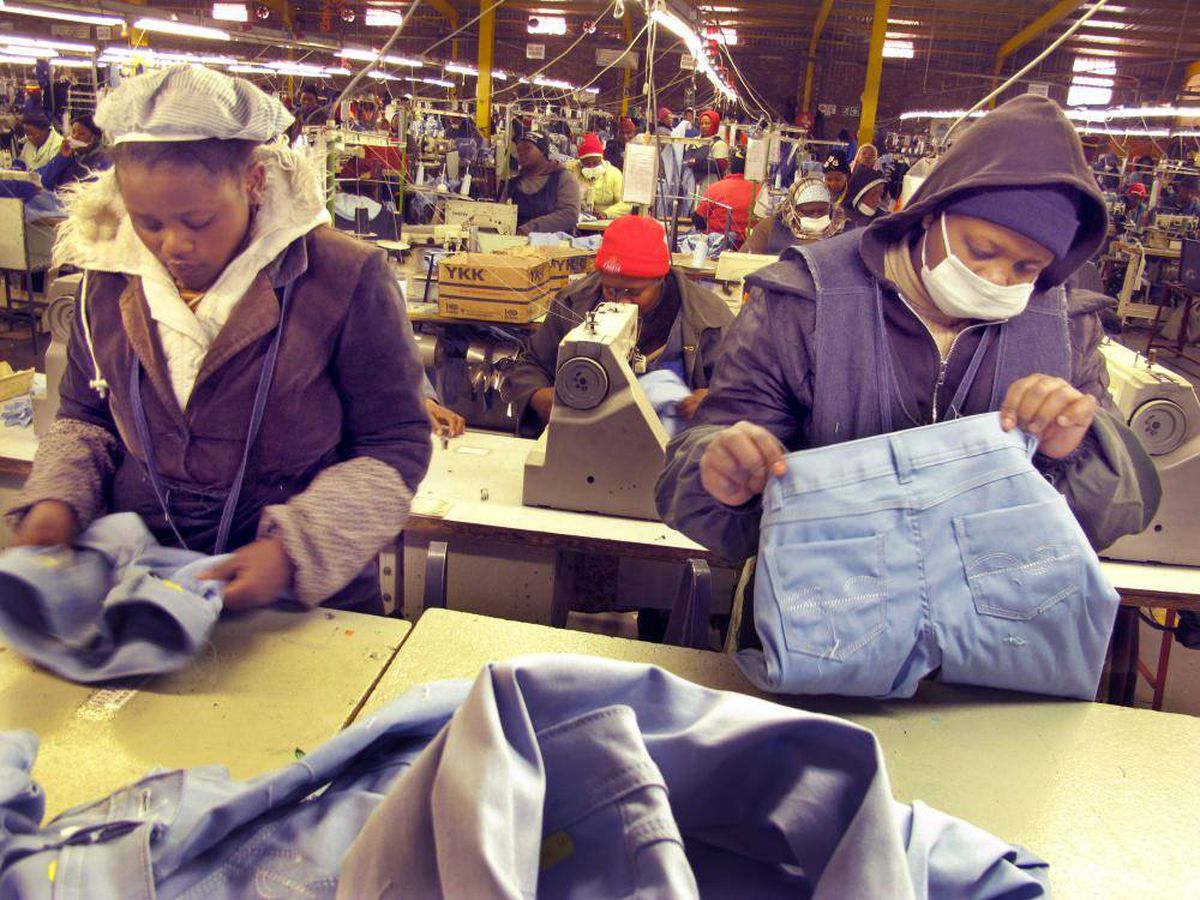
SACU calls for review of US tariffs
8 days ago